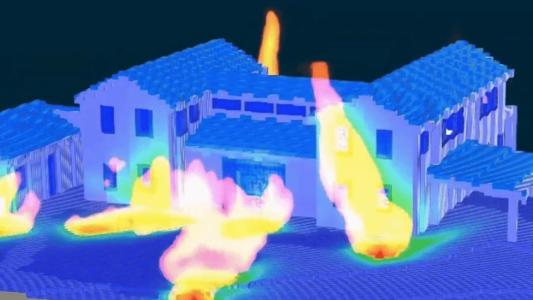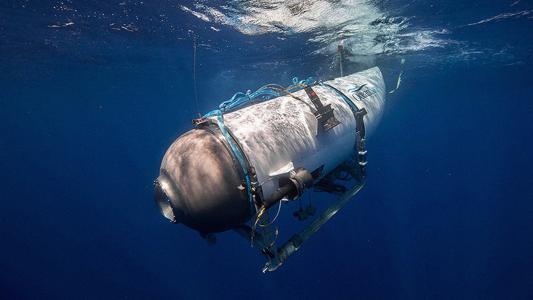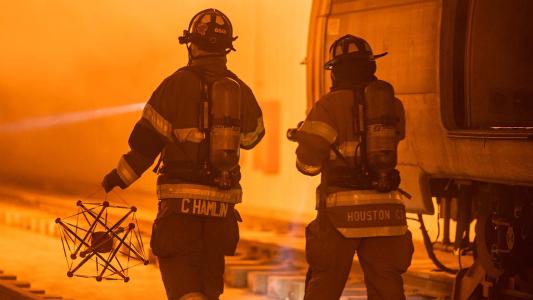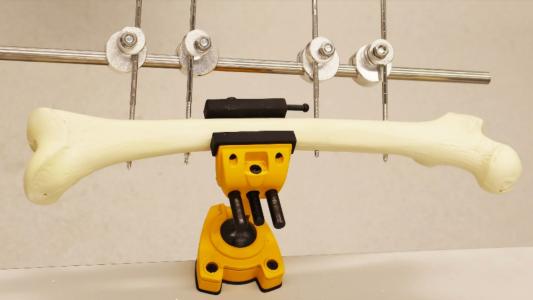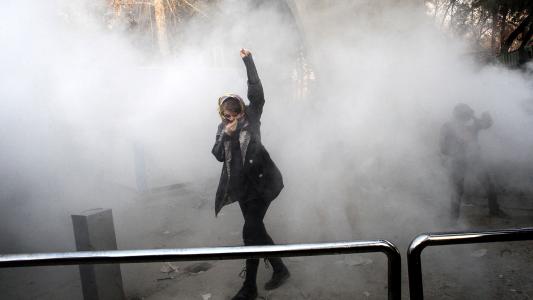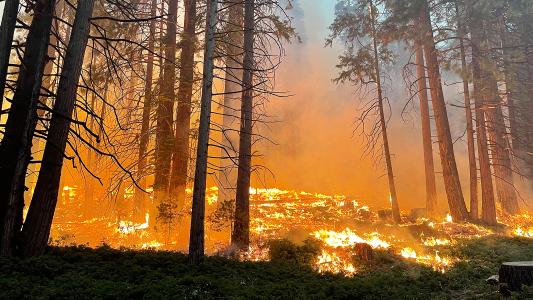Disaster Response
The startup using “digital twins” to protect homes from wildfires
Stand Insurance is using computer simulations and "digital twins" to help homeowners make their properties fire resilient.
With inspiration from “Tetris,” MIT researchers develop a better radiation detector
A new detector system based on the game “Tetris” could enable inexpensive, accurate radiation detectors for monitoring nuclear sites.
Shining a light on oil fields to make them more sustainable
Sensors and analytics give oil well operators real-time alerts when things go wrong, so they can respond before they become disasters.
What causes lithium-ion battery fires? Why are they so intense? And how should they be fought?
When a lithium-ion battery fire breaks out, the damage can be extensive. These fires are intense, long-lasting, and hard to fight.
Shape-shifting space robots help firefighters on Earth
The designer of a new type of rover for NASA has found a way to make her space robots useful to firefighters on Earth.
Self-sufficient “microgrids” could save you from power grid emergencies
Centralized power systems rely on large power plants and transmission grids, but microgrids are self-sufficient.
Treating broken bones in war zones made easier with low-cost device
The device performs similarly to its commercial counterparts but costs one-tenth the price.
Starlink turns on coverage over Iran to bypass censorship
Elon Musk's Starlink satellite internet is active over Iran, but the terminals to access it must make it inside the country.
These ancient trees survived a wildfire because of fire
The survival of an ancient grove of trees in Yosemite may be a powerful case study for controlled burns.
